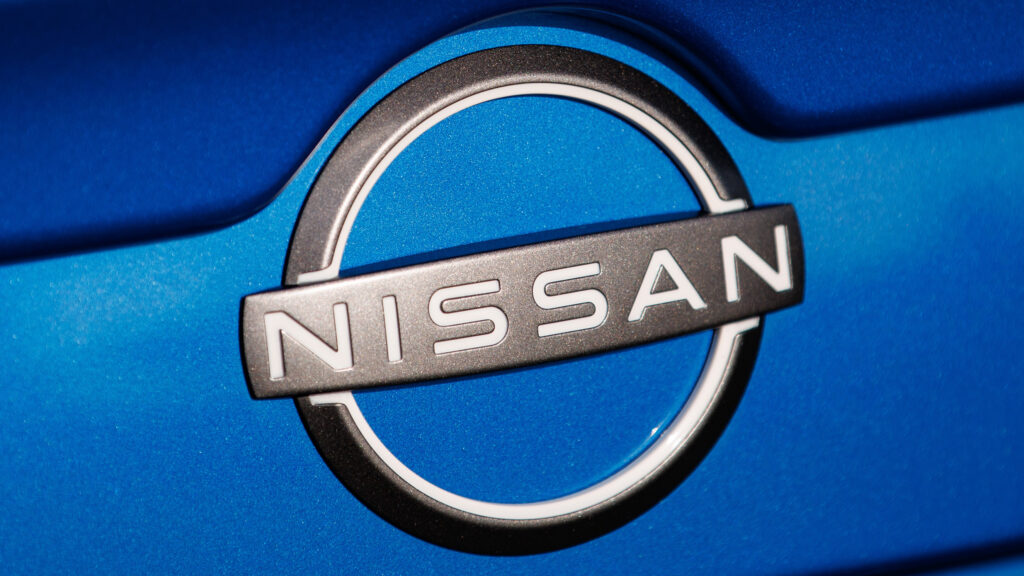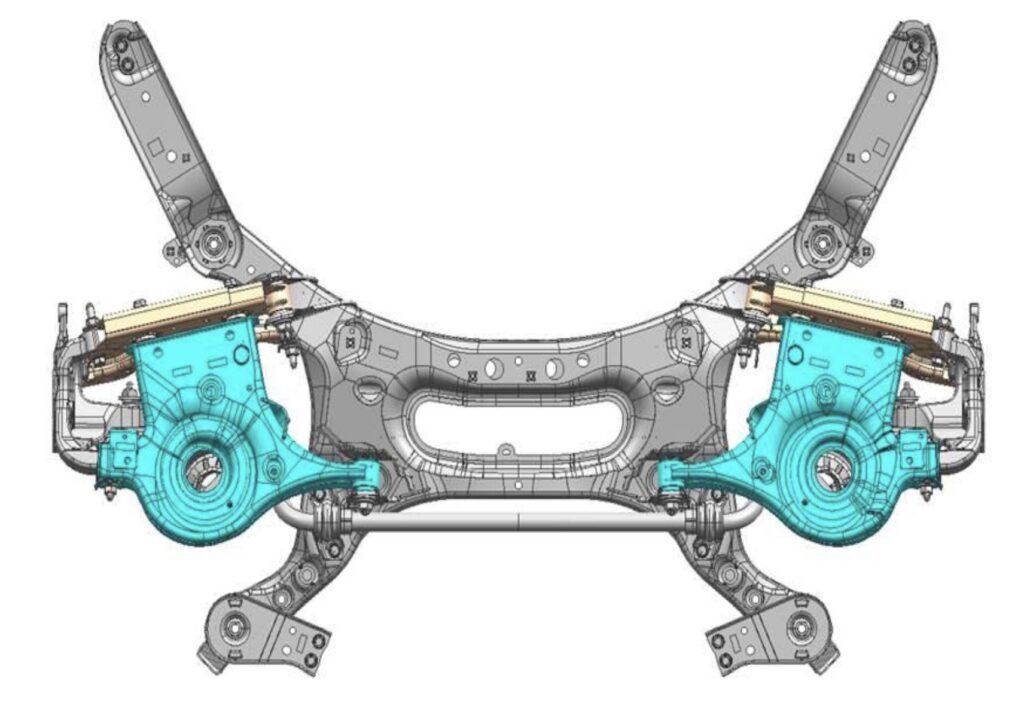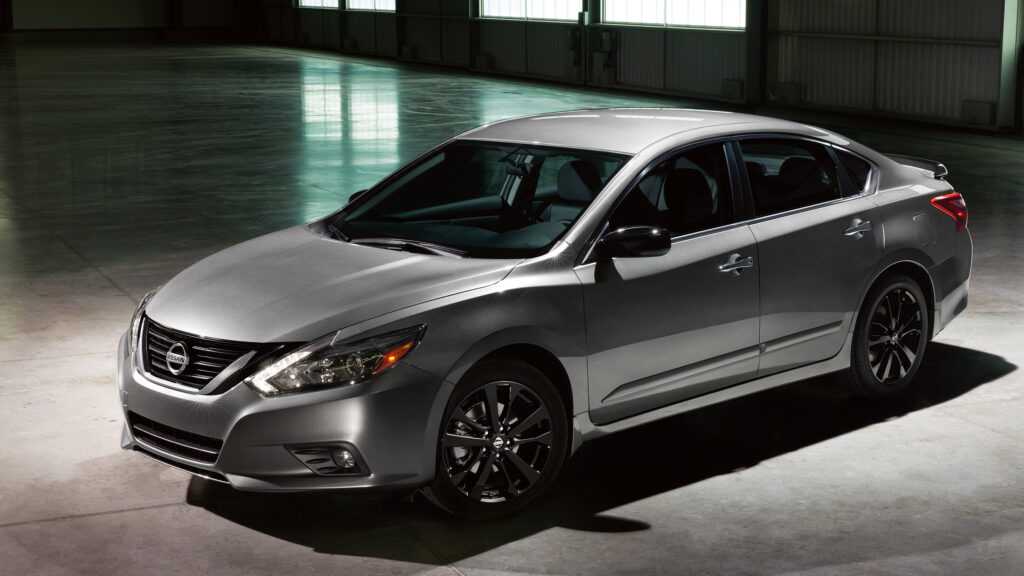Nissan’s Recent Evaluation

Recently, Nissan found itself under scrutiny as the National Highway Traffic Safety Administration (NHTSA) concluded a lengthy investigation into suspension issues impacting the rear lower control arms of certain Nissan vehicles. If you’ve been following the auto industry news, you might know that these control arms, found in over 2 million vehicles including the 2013-2018 Altima and 2016-2018 Maxima, were facing potential failure due to cracks that could develop over time.
The Issue

The defect primarily arises from vehicles driven in areas known as the “rust belt,” where snow and ice lead to heavy salt use on roads. This environment can accelerate the deterioration of the pressed steel used in the suspension components, increasing the likelihood of a crack. Such cracks can lead to issues with handling, potentially increasing the effort needed to steer or causing a loss of control. The NHTSA collected an ever-growing list of complaints about these failures, reaching a total of 1,035 reports from Nissan. However, it was determined that changes Nissan instituted and the handling of these reports reflect measures that render a formal recall unnecessary.
Nissan’s Response

In response, Nissan proactively addressed the suspension issue. The company had already serviced 47,000 vehicles to replace the control arms with a more robust variant, an action resulting in a significant decrease in complaints. Furthermore, the standard three-year warranty was extended to twelve years, without a mileage limitation, offering some peace of mind to Altima and Maxima owners. These efforts, alongside a redesign of the control arms for more recent models post-2018, were noted by regulatory bodies as adequate, reducing the obligation for a broader recall.
Driving Experience
For those who have driven the models in question, the Nissan Altima and Maxima offer a driving experience that blends comfort and practicality, with enough horsepower for smooth daily performance. While the models are primarily known for their reliability and fuel efficiency, the potential component failure brings to light concerns regarding long-term durability in harsh climates. However, the inclusion of advanced stability features can minimize the handling issues, making these sedans compare favorably with other competitors like the Toyota Camry or Honda Accord in terms of unexpected vehicle control.
In summary, while Nissan’s situation may have initially seemed precarious, their proactive measures have mitigated what could have become a widespread recall event. Owners of the affected models should ensure they’ve participated in Nissan’s service campaigns to enjoy the full longevity and performance benefits their vehicles were designed to offer. For anyone with specific concerns, staying updated through local dealership communications is always a wise course of action.
Subsidy Shakeup
Wagoneer COV Debuts
HWA Evo Roars Ahead
Corvette ZR1X Unleashed
Jimny Turns 55